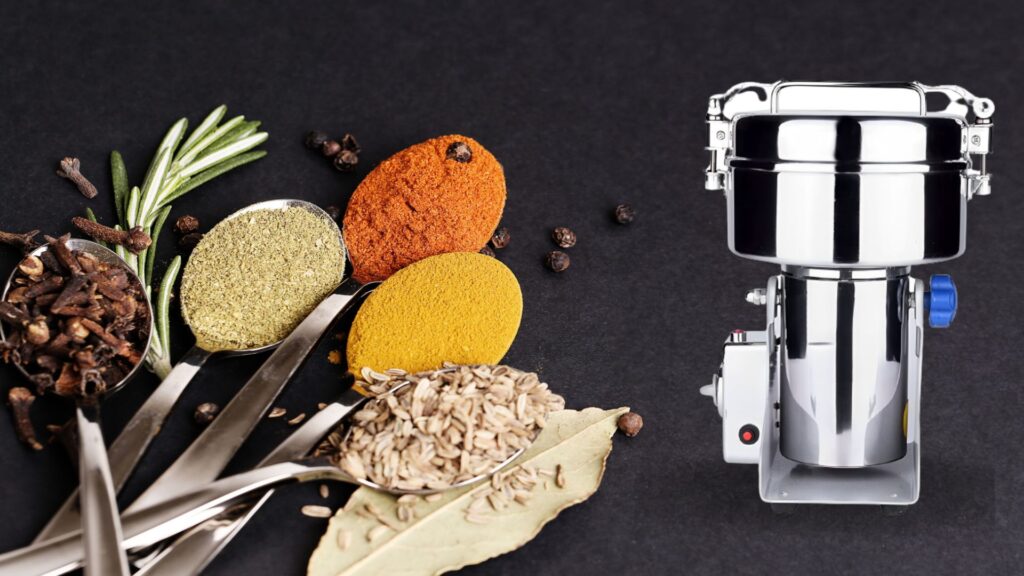Introduction:
In the fast-paced world of food production, machinery plays a pivotal role in ensuring efficiency and quality. Whether you run a small-scale bakery or a large-scale food processing plant, the reliability of your machinery is critical to your success. However, even the most robust food machinery can encounter wear and tear over time. This is where the importance of food machinery spares and maintenance comes into play.
In this blog post, we will delve into the world of food machinery and spares, exploring why they are crucial, the types of spares available, and how proper maintenance can extend the lifespan of your equipment.
Why Are Food Machinery Spares Important?
- Minimizing Downtime: Downtime in food production can result in significant financial losses. Having readily available spares allows for quick replacements, reducing the time your machinery is out of commission.
- Maintaining Consistency: Food machinery spares ensure that your equipment continues to perform at its best. Consistency in output quality is vital in the food industry.
- Cost-Efficiency: Investing in spares can be more cost-effective in the long run than replacing entire machines when a component fails.
Types of Food Machinery Spares
- Wear Parts: These include items like blades, belts, and gaskets. These parts tend to wear out over time due to regular use and may need frequent replacement.
- Critical Components: Critical components like motors, control panels, and electronic circuitry are essential for the overall functionality of your machinery. Having spare parts for these components is crucial.
- Consumables: Items such as filters, lubricants, and cleaning agents are essential for machinery upkeep. Stocking up on these consumables is a wise decision to prevent unexpected shortages.
- Custom Parts: In some cases, machinery may have custom-designed parts that are unique to a specific manufacturer. It’s essential to have access to these custom spares to keep your machinery running smoothly.
Maintenance Tips for Prolonging the Life of Food Machinery
- Regular Inspections: Conduct routine inspections to identify signs of wear and tear. Addressing issues early can prevent more significant problems later on.
- Scheduled Maintenance: Create a maintenance schedule and stick to it. This should include cleaning, lubricating, and replacing worn parts as needed.
- Training: Ensure your staff is trained in proper machine operation and maintenance procedures. This can reduce the risk of operator-induced failures.
- Documentation: Maintain detailed records of all maintenance activities and spare part replacements. This documentation can help in planning and budgeting for future maintenance needs.
- Vendor Support: Establish a good relationship with your machinery supplier. They can provide valuable guidance on maintenance best practices and may offer support in sourcing spares.
Conclusion:
Efficient food machinery is the backbone of any food production operation. By understanding the importance of food machinery spares and implementing a robust maintenance strategy, you can minimize downtime, reduce operational costs, and ensure the consistent quality of your food products. In the competitive food industry, these factors can make all the difference in your success. So, invest wisely in spares and maintenance to keep your machinery running at its best.


